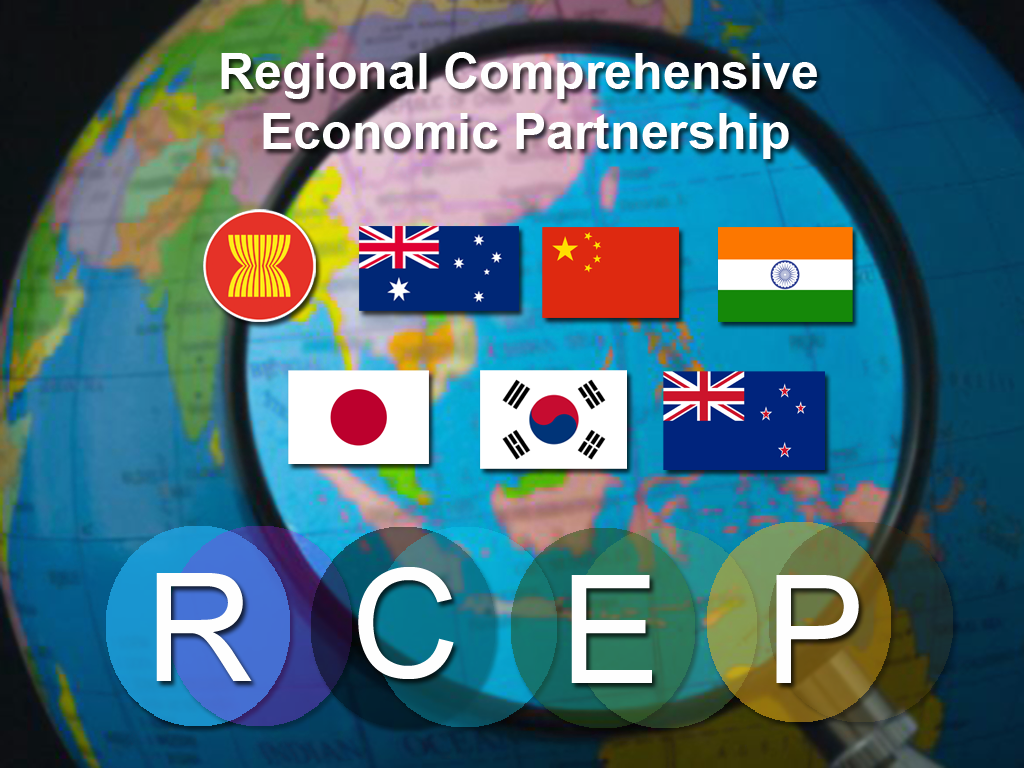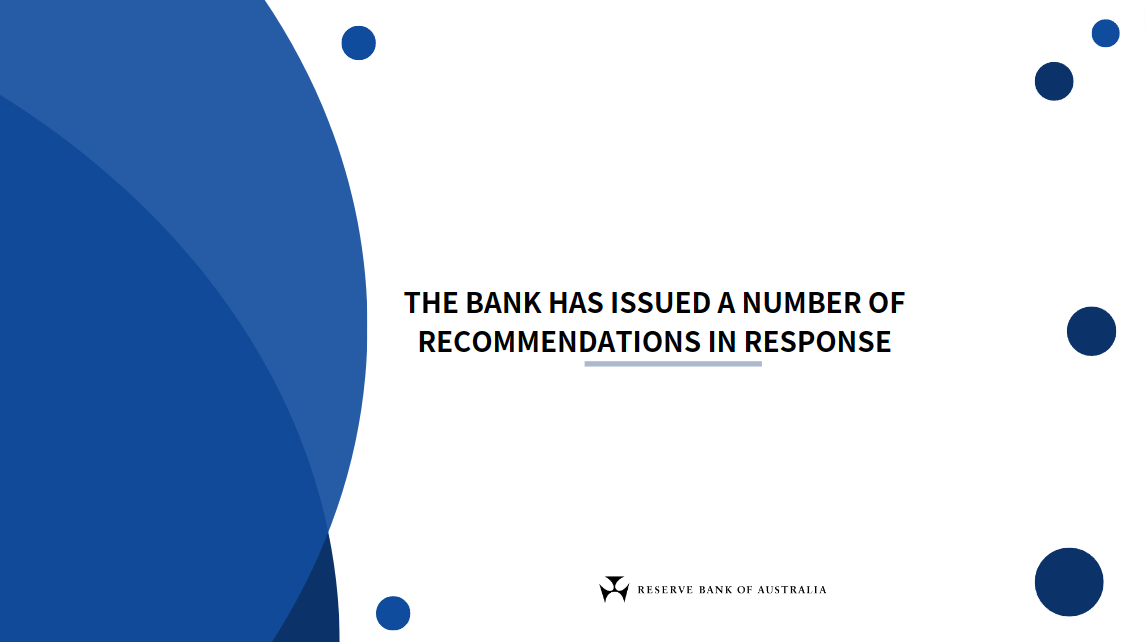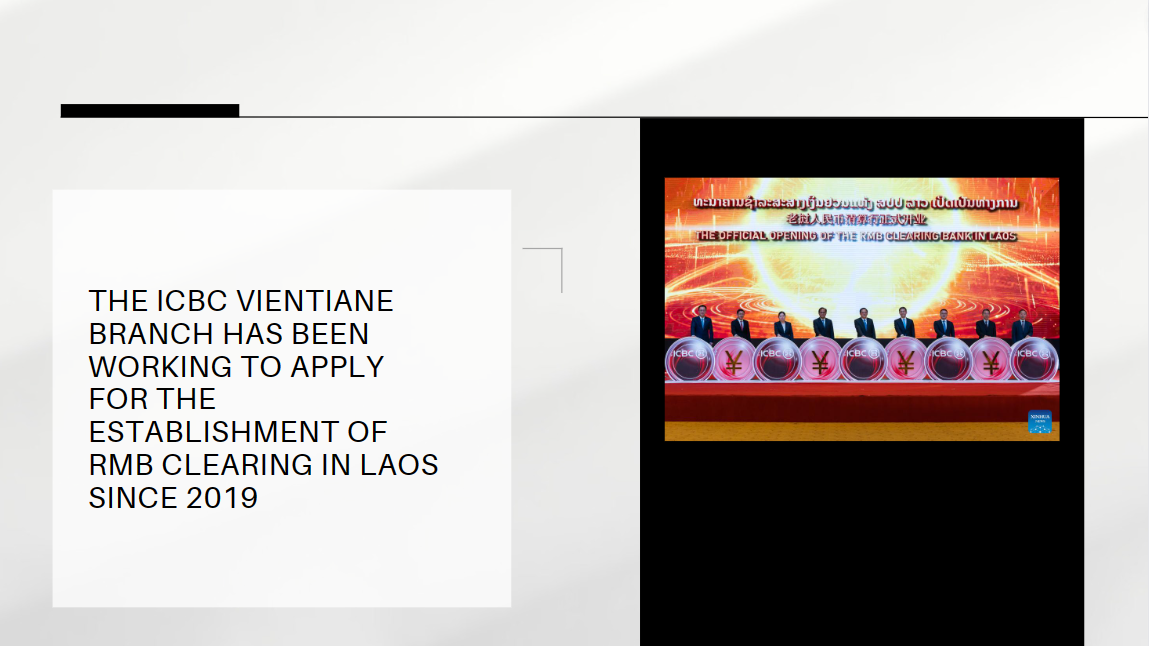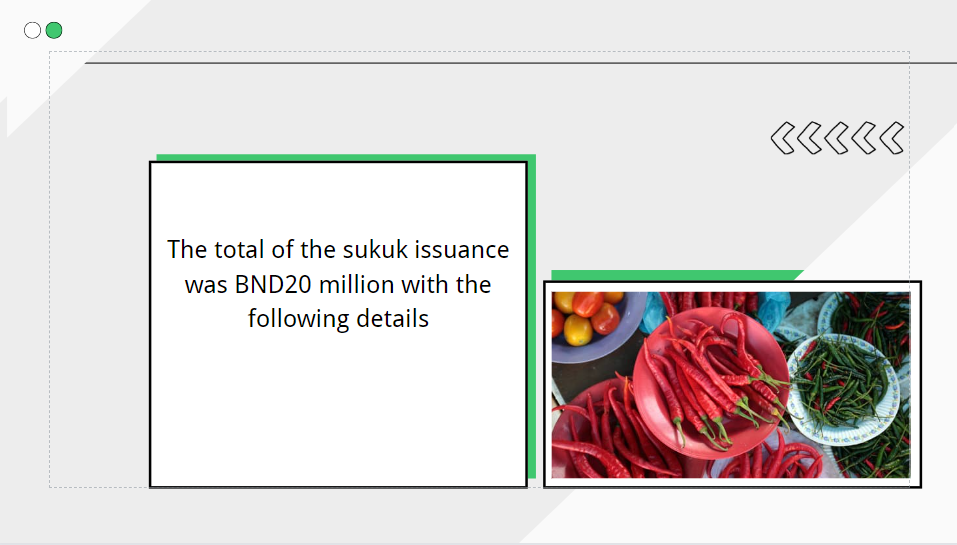IMF predicts continued recovery for Cambodian economy
An International Monetary Fund (IMF) team led by Davide Furceri, assessed Cambodia's economy and predicted growth in the coming years. The IMF report reveals that the country’s economy is steadily recovering from the impacts of the COVID-19 pandemic, although it still faces challenges from both domestic and external factors.
Economic Growth and Projection
With a growth rate of 5.2 percent in 2022, Cambodia experienced an acceleration in economic activity compared to the 3 percent growth seen in 2021. This growth was primarily driven by robust manufacturing and a service sector recovery. The IMF projects that Cambodia’s economy will expand by 5.3 percent in 2023 and 6.0 percent in 2024.
The rally in tourism and the surging exports of solar panels and electrical components are the main growth drivers.
However, the garment export industry remains weak, showing only modest signs of recovery in recent months. Additionally, slower construction activity is also weighing on overall growth.
Inflation and Current Account Deficit
After a decline, inflation rebounded to 3.8 percent in September 2023 due to higher food and fuel prices. For 2023, inflation is forecasted to average 2.3 percent and gradually converge to its long-term trend of around 3 percent by 2024, barring further commodity price shocks. The current account deficit has narrowed, and it is expected to continue falling gradually in the coming years, mainly due to the recovery in non-garment exports, tourism, and remittance flows. International reserves are projected to remain stable.
Fiscal Position and Public Debt
The fiscal deficit is expected to widen to 3.6 percent in 2023 due to increased one-off spending needs. However, the debt is projected to decrease to 2 percent in 2024 and reach approximately 2.5 percent in the medium term. This reduction is expected as Cambodia gradually removes temporary support measures for the pandemic and implements tax and customs administration reforms, resulting in improved revenue collection. The IMF highlights that public debt to GDP is projected to increase moderately over the next decade, but the risk of debt distress remains low. Nevertheless, vulnerabilities could arise from shocks to exports and growth.
Credit Growth and Banking Sector
Credit growth has decelerated to 8.1 percent year on year in August 2023, down from 23.5 percent in 2021. Despite the slowdown, Cambodia’s private credit-to-GDP ratio remains elevated at around 160 percent compared to the country’s level of development. Non-performing loans rose to 4.6 percent of total loans in August, reflecting a rollback in forbearance measures and potential stresses in some sectors of the economy. While the banking sector is considered well-capitalized and profitable based on financial soundness indicators, vigilance is needed due to the recent deterioration in asset quality and the high level of private sector debt. The IMF highlights the importance of continuing efforts to strengthen the supervisory framework, transitioning to risk-based supervision, and implementing Basel III standards.
Policy Recommendations and Structural Reforms
The IMF recommends an expansionary fiscal policy for 2023, considering the current economic slack, low risk of public debt distress, declining inflation, and limited monetary policy transmission. However, from 2024 onwards, fiscal policy should transition to a neutral stance if the economic downside risks do not materialize and the budgetary deficit declines as economic growth strengthens. To balance developmental objectives with fiscal sustainability, the IMF suggests implementing a fiscal rule combining a medium-term debt-to-GDP ratio anchor and an operational ceiling on the overall fiscal deficit. Strengthening public governance, transparency, and investment efficiency is crucial for attracting more foreign direct investment and ensuring macroeconomic stability. The ongoing modernization of the monetary and exchange policy framework is encouraged to enhance monetary transmission and support de-dollarization efforts.























































First, please LoginComment After ~